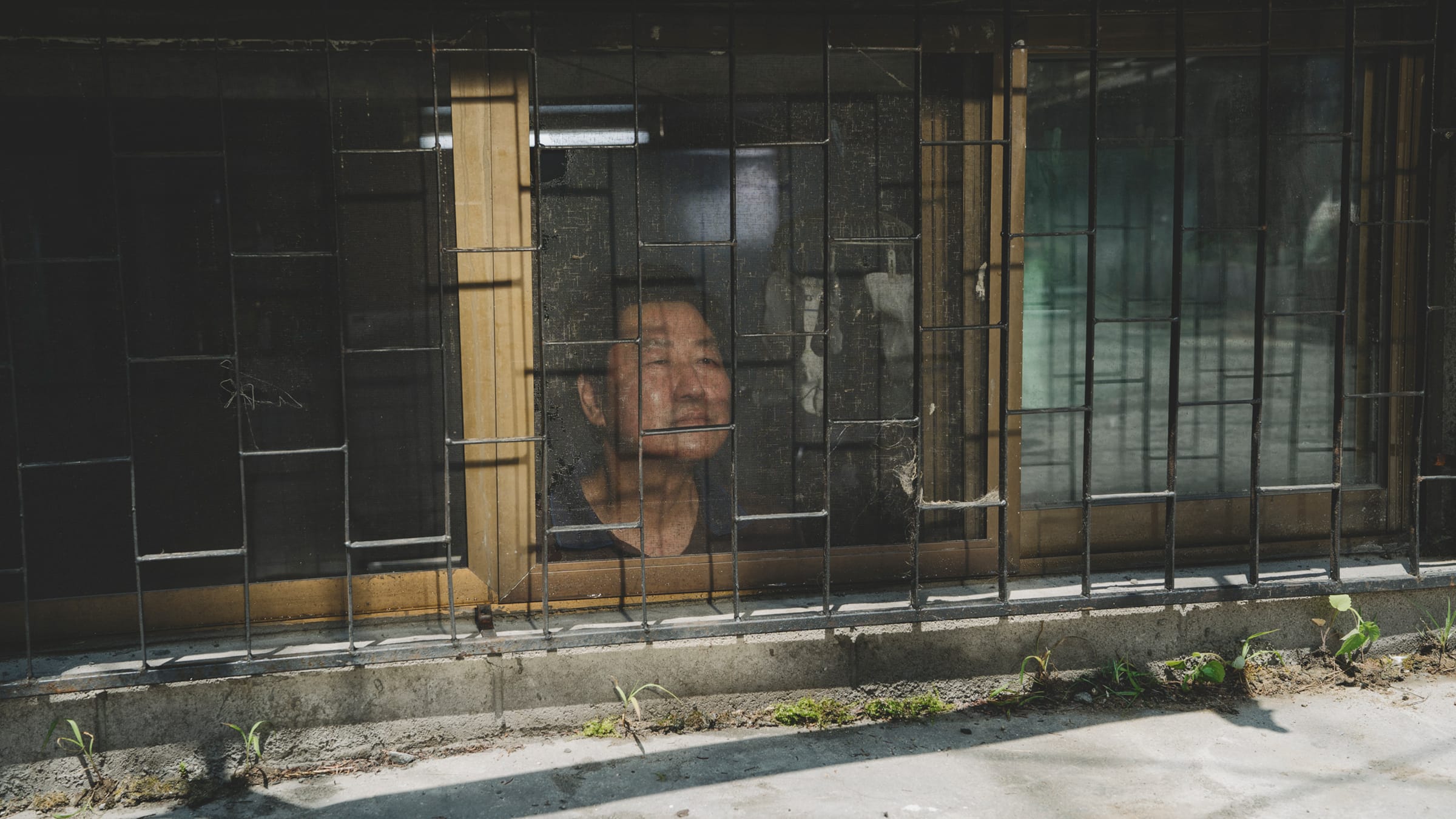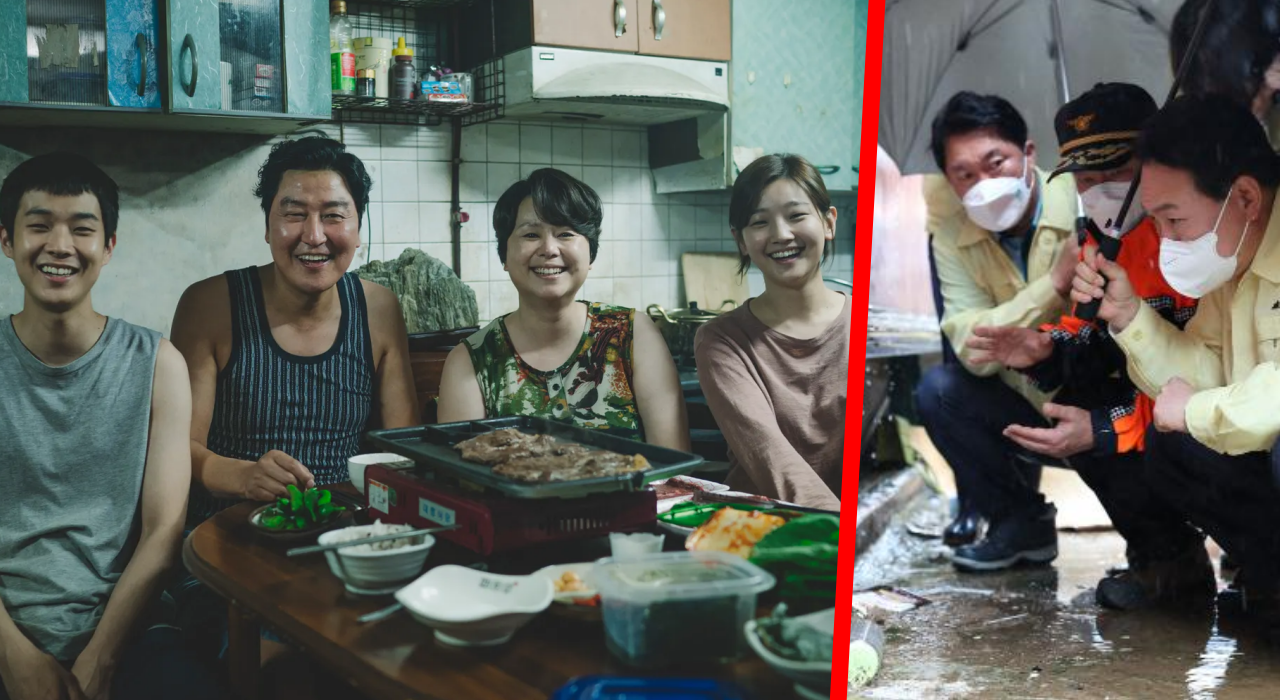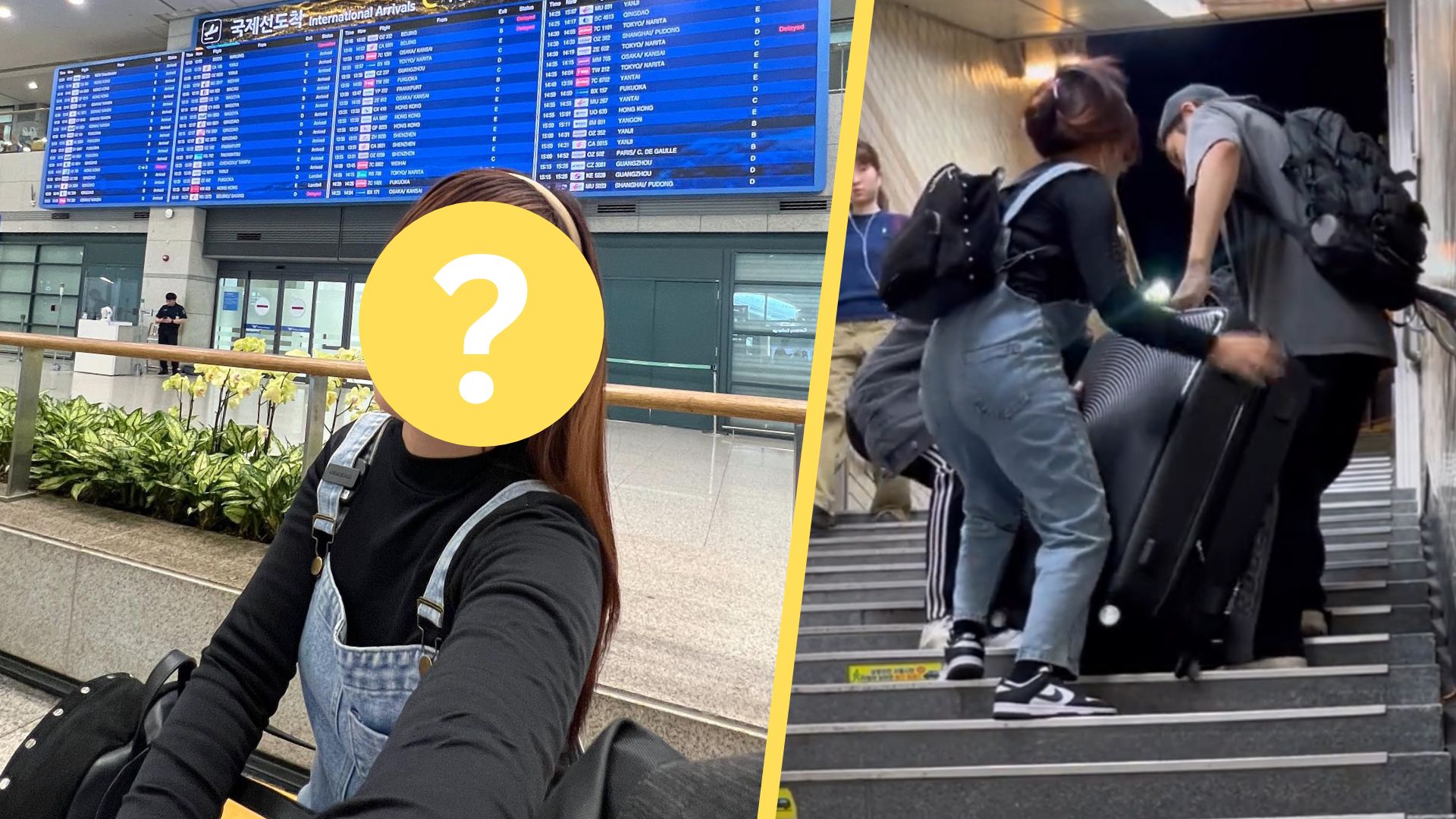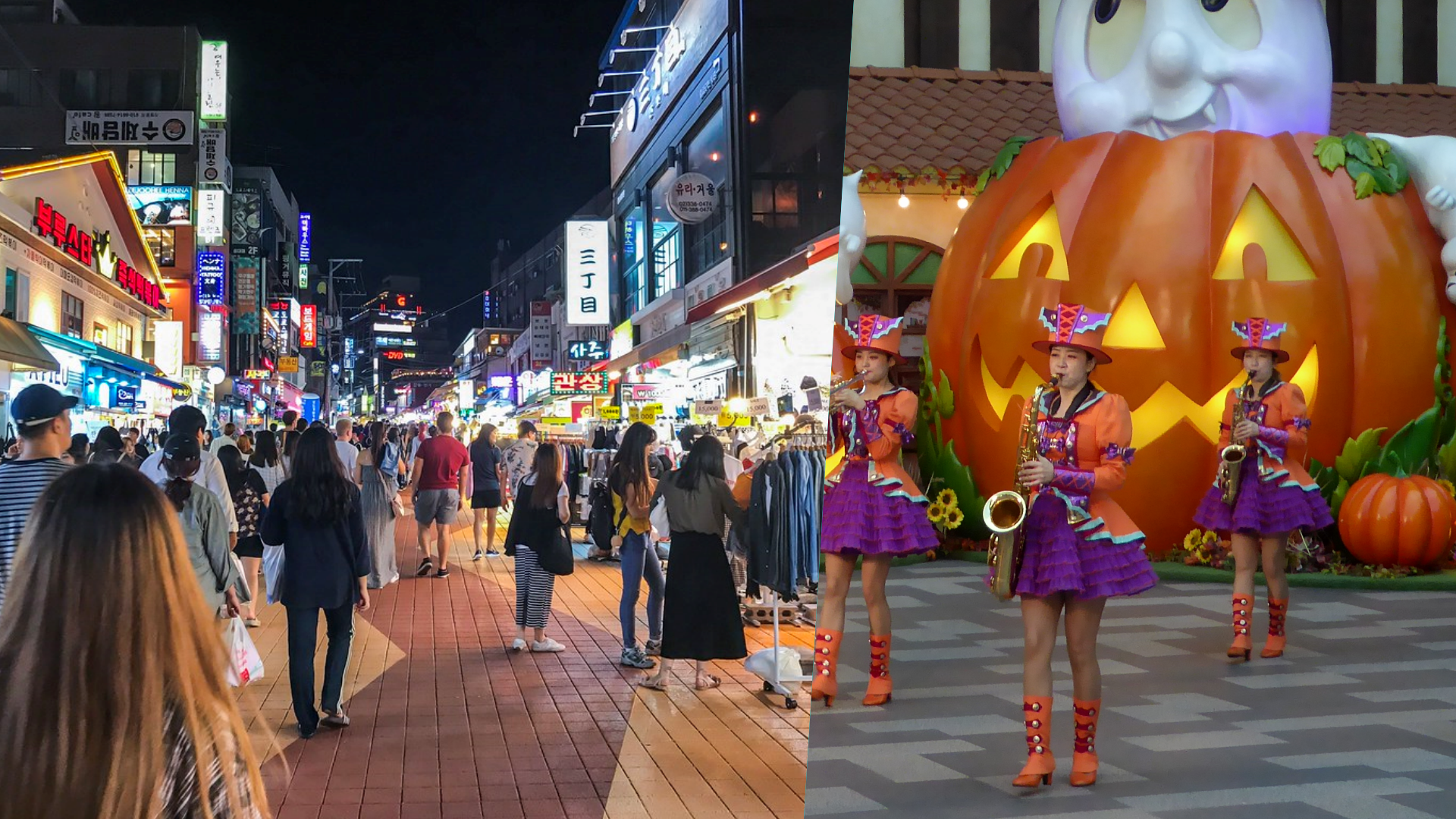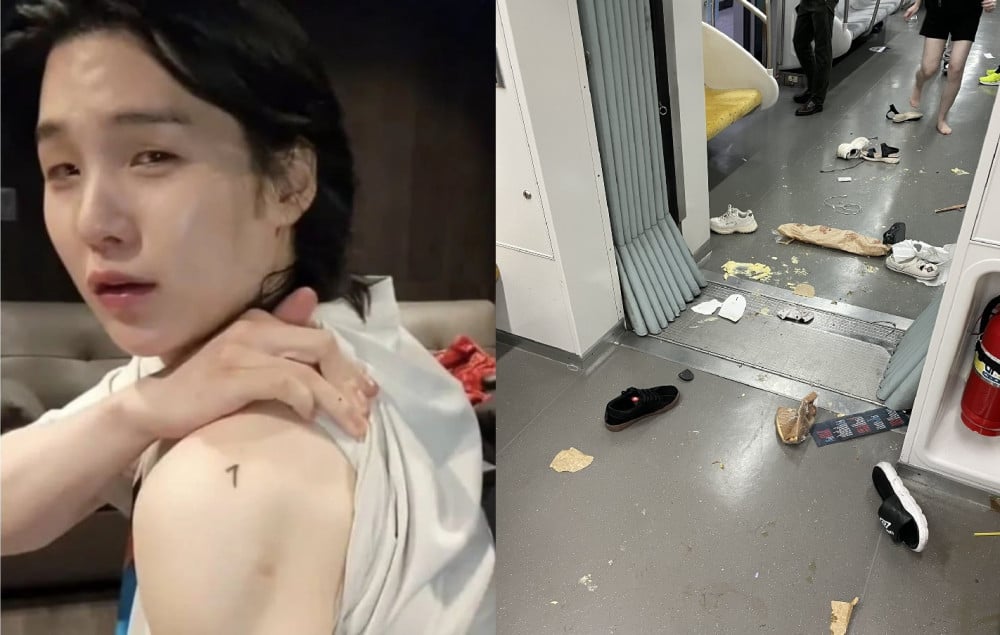Flood Aftermath: No More Semi-Basements in Seoul
In August, Seoul, South Korea experienced the worst storm to lash the capital in more than a century.
The Seoul Metropolitan Government phased out the use of semi-basements as dwellings after families living in semi-basement flats were killed due to the torrential rains and flooding. Seoul and its surrounding cities experienced record-breaking rainfall for two straight days resulting in 10 death and 8 missings. Thousands of establishments, cars, and farmlands were also waterlogged and mud-covered.
The city would no longer issue new permits for basement or semi-basement residential and would phase out existing ones. City Hall announced a 20-year grace period for owners of existing basement dwellings, as well as incentives, such as renovation subsidies, to convert them into non-residential areas.
According to official data, such units house over 200,000 households and account for approximately 5% of the housing stock in South Korea’s capital.

According to Korea Times, a family of three was discovered dead in their semi-basement house in Sillim-dong, Gwanak District, Seoul, after being trapped there after water flowed down into the semi-basement through a sinkhole in the neighboring road. Also, In an article made by New York Times, two women and a 13-year-old girl died four hours after the heavy rainfall started gushing down their flat.
South Koreans who wish to defeat inequality by giving their kids a good education and struggling financially have no choice but to live in a banjiha in the congested city of Seoul. Featured in the film “Parasite,” which won the Oscar award for best picture in 2020, highlighted what is it like to be a poor family living in a dank basement home.
